“Dante and Shakespeare divide the modern world between them. There is no third.” – T. S. Eliot “Dante’s poem is, for many, the greatest single work of Western literature.” – Ian Thompson. “I love my Dante as much as the Bible. He is my spiritual food, the rest is ballast.” – James Joyce. In the middle of our life’s journey, I found myself in a dark wood/Bewildered, and I knew I had lost the way: so opens Dante’s Divine Comedy, “the best book literature has achieved” as Jorge Luis Borges writes. Dante’s Inferno, one of the greatest works of European literature, and “the most original and audacious treatment of the afterlife in Western literature” dazzles with its vivid and inventive storytelling and imagery. However, it contains much more than poetry and theology; it displays Dante’s wide and comprehensive learning, and his deep understanding of contemporary politics and society. “All life is contained in the poem, for Dante’s was an all-encompassing imagination, that interwove classical philosophy with Catholic doctrine and contemporary politics,” (Ian Thompson). The thirty-three cantos of Inferno follow Dante, as, guided by the epic poet, Virgil, he travels through the nine descending circles of a freezing Hell, until he meets Satan trapped at the bottom. The Inferno is the most gripping and engaging book of The Divine Comedy, as Dante meets those damned for forbidden love, and all manner of human vices. (The damned, amusingly, include many of Dante’s enemies!) Inferno is the logical conclusion of all that is worst in human life. It is bearable only because Dante eventually emerges. The Divine Comedy was written over a period of twenty years towards the end of Dante’s life. It was appreciated as a masterpiece soon after its completion, and it has captivated both readers and the Western imagination ever since. The Inferno is the most widely translated book after the Bible. This edition is translated by the celebrated poet, Henry Wadsworth Longfellow. Dante Alighieri, (1265-1321) was an Italian poet, prose writer, literary critic, philosopher, and political thinker and adviser. He is regarded as the greatest Italian writer. As one of the earliest forerunners of the Renaissance, predating Chaucer, he set the stage for the explosion of creativity that was to follow. Dante is best known for The Divine Comedy, which remains the greatest work of Italian literature.
Inferno
$14.76
This classic work of world literature provides deep insights into medieval history, theology, and the development of Western literary themes.
Additional information
| Weight | 0.38 lbs |
|---|---|
| Dimensions | 15.6 × 1.3 × 23.4 in |
Inferno
$8.72
This classic literary work is a key text for studies in world literature, history, and theology.
Additional information
| Weight | 0.28 lbs |
|---|---|
| Dimensions | 21.6 × 14 × 1.3 in |
Reviews
There are no reviews yet.
Inferno
$14.99
This movie can be used to supplement studies in literature, film analysis, or storytelling.
Reviews
There are no reviews yet.
Inferno
$34.95
This graphic novel presents complex political and personal conflicts, encouraging critical thinking and advanced literacy.
He changed everything for mutantkind with HOUSE OF X and POWERS OF X. He explored the new Krakoan era in X-MEN. Now the keeper of the mutant flame, Jonathan Hickman, presents his final, incendiary X-saga! Mystique, former terrorist and espionage agent supreme, is loyal to Professor X’s Quiet Council for one reason only: the promise that someday they will resurrect her beloved Destiny. But when Moira MacTaggert helped Professor X and Magneto realize their lifelong dreams for mutantkind, it came with one condition: Do not allow any precognitive mutants on the island of Krakoa. What will Mystique do when she realizes she’s being strung along? Vengeance burns hot, and Mystique is about to ignite an Inferno! And where has the elusive Moira been all this time, anyway? Collecting INFERNO (2021) #1-4.
Additional information
| Weight | 0.38 lbs |
|---|---|
| Dimensions | 16.8 × 0.8 × 25.8 in |
Reviews
There are no reviews yet.
Inferno
$10.99
This seminal work of Italian literature is essential for studying classic poetry, allegory, and the medieval worldview.
A new edition of Henry Wadsworth Longfellow’s classic verse translation of the first book of Dante Alighieri’s The Divine Comedy, Inferno, which focuses on the narrator’s journey into Hell. The Divine Comedy (or Divina Commedia) is an epic-length narrative poem, written between 1308 and 1320 in the vernacular Tuscan of the era, that is widely considered to be the pre-eminent work in Italian literature and a foundational work of the literary canon. The poem traces the narrator’s journey through the afterlife — visiting first hell, then purgatory, and then paradise — and presents an imaginative vision of the afterlife that provides great insight into the medieval Catholic worldview. Longfellow’s verse translation was originally published in 1867 and is considered to be a literary masterpiece in its own right. Dante Alighieri (c.1265 – 1321), was an Italian poet, writer and philosopher, most famous for his Divine Comedy, which is widely considered one of the most important poems of the Middle Ages and the greatest literary work in the Italian language. Dante’s literary output is largely responsible for establishing the use of the vernacular in literature at a time when most poetry was written in Latin, making it more accessible to the larger public and helping establishing the modern-day standardized Italian language. His depictions of Hell, Purgatory, and Heaven in the Divine Comedy were also enduringly influential on the Western literary and artistic imagination, heavily influencing future English-language writers like Geoffrey Chaucer and John Milton, and Italians like Petrarch and Boccaccio. Henry Wadsworth Longfellow (1807 – 1882) was an American poet whose works include “Paul Revere’s Ride”, The Song of Hiawatha, and Evangeline. He was also the first American to translate Dante Alighieri’s Divine Comedy. His work remains among some of the most beloved and enduringly influential works of poetry produced by 19th century America.
Additional information
| Weight | 0.249 lbs |
|---|---|
| Dimensions | 15.2 × 1.1 × 22.9 in |
Reviews
There are no reviews yet.
Inferno
$10.20
This modern translation of Dante’s classic epic poem allows students to engage with a foundational work of world literature.
An innovative and fascinating new version of Dante Alighieri’s Inferno as it has never been rendered Stopped mid-motion in the middle Of what we call a life, I looked up and saw no sky- Only a dense cage of leaf, tree, and twig. I was lost. –from Canto I Award-winning poet Mary Jo Bang has translated the Inferno into English at a moment when popular culture is so prevalent that it has even taken Dante, author of the fourteenth century epic poem, The Divine Comedy, and turned him into an action-adventure video game hero. Dante, a master of innovation, wrote his poem in the vernacular, rather than in literary Latin. Bang has similarly created an idiomatically rich contemporary version that is accessible, musical, and audacious. She’s matched Dante’s own liberal use of allusion and literary borrowing by incorporating literary and cultural references familiar to contemporary readers: Shakespeare and Dickinson, Freud and South Park, Kierkegaard and Stephen Colbert. The Inferno–the allegorical story of a spiritual quest that begins in a dark forest, traverses Hell’s nine circles, and ends at the hopeful edge of purgatory–was also an indictment of religious hypocrisy and political corruption. In its time, the poem was stunningly new. Bang’s version is true to the original: lyrical, politically astute, occasionally self-mocking, and deeply moving. With haunting illustrations by Henrik Drescher, this is the most readable Inferno available in English, a truly remarkable achievement.
Features
- Used Book in Good Condition
Additional information
| Weight | 0.658 lbs |
|---|---|
| Dimensions | 15.4 × 1.7 × 22.7 in |
Reviews
There are no reviews yet.

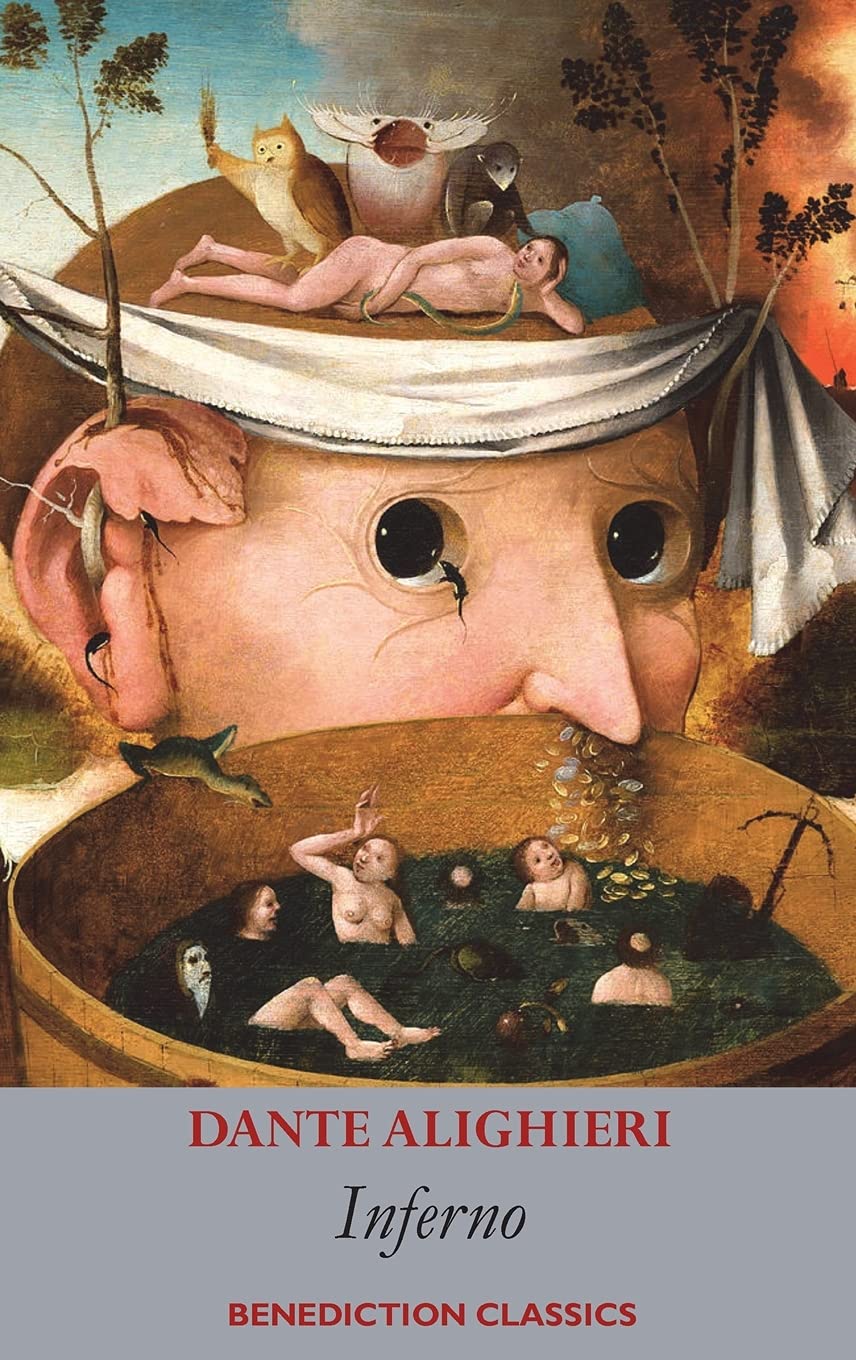






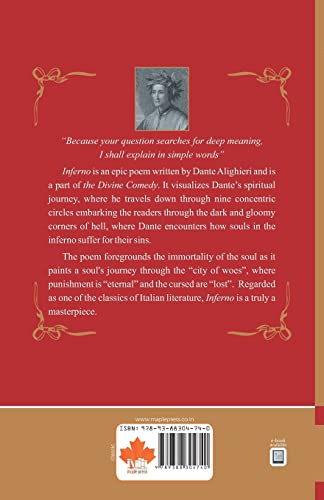




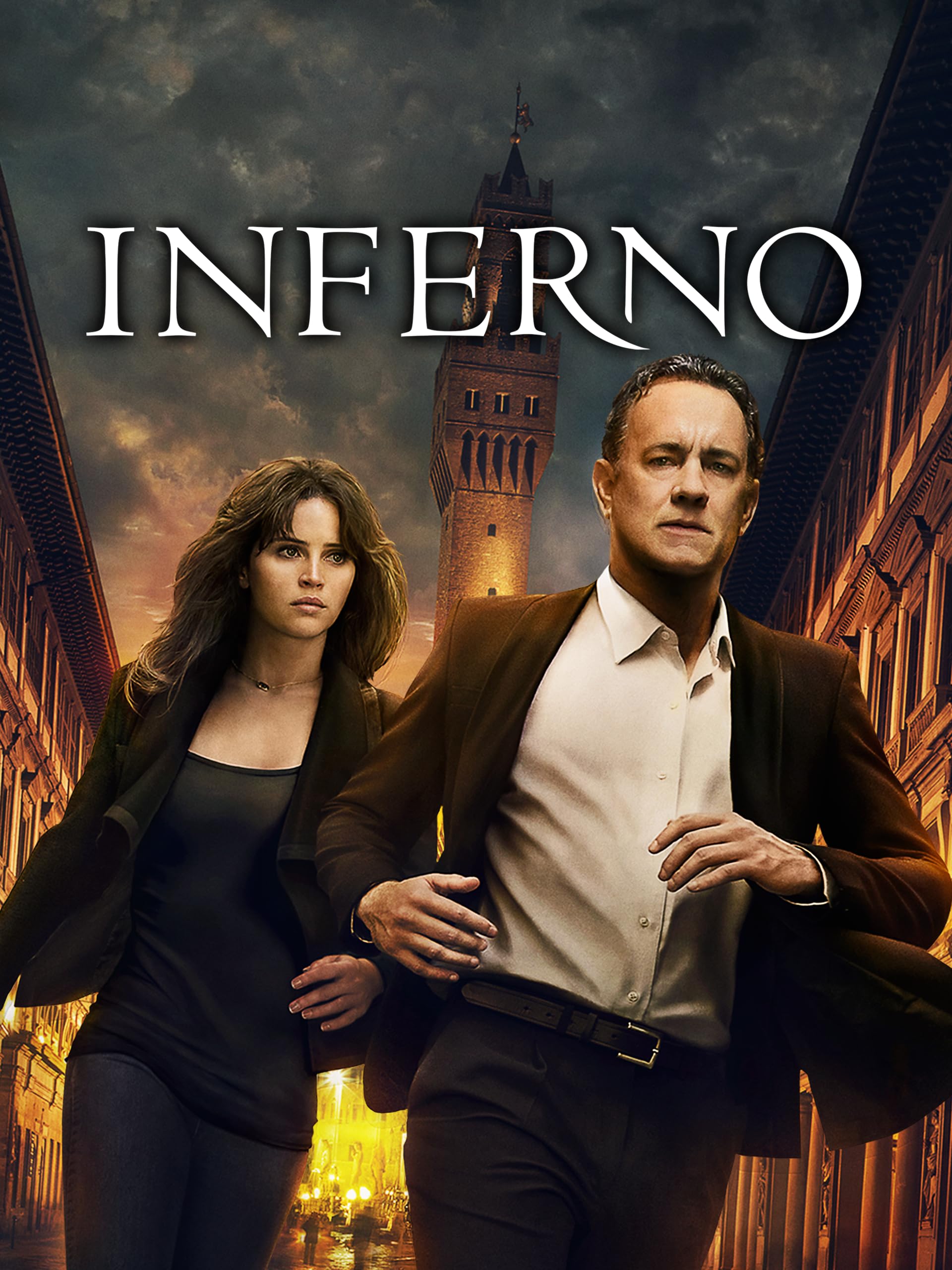
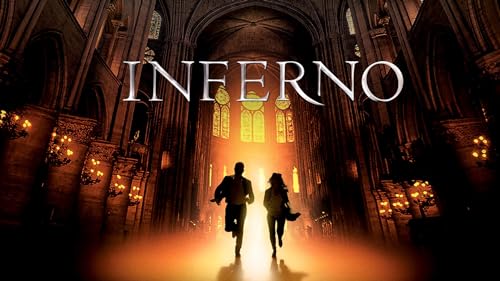
![Dune 2-Film Collection (4K Ultra + Digital) [4K UHD]](https://m.media-amazon.com/images/I/71xagWGOdoL.jpg)
![TRIGUN STAMPEDE [Blu-ray]](https://m.media-amazon.com/images/I/81S886to2HL.jpg)
![CC40 (The Criterion Collection) [Blu-ray]](https://m.media-amazon.com/images/I/81hY0V8aKZL.jpg)






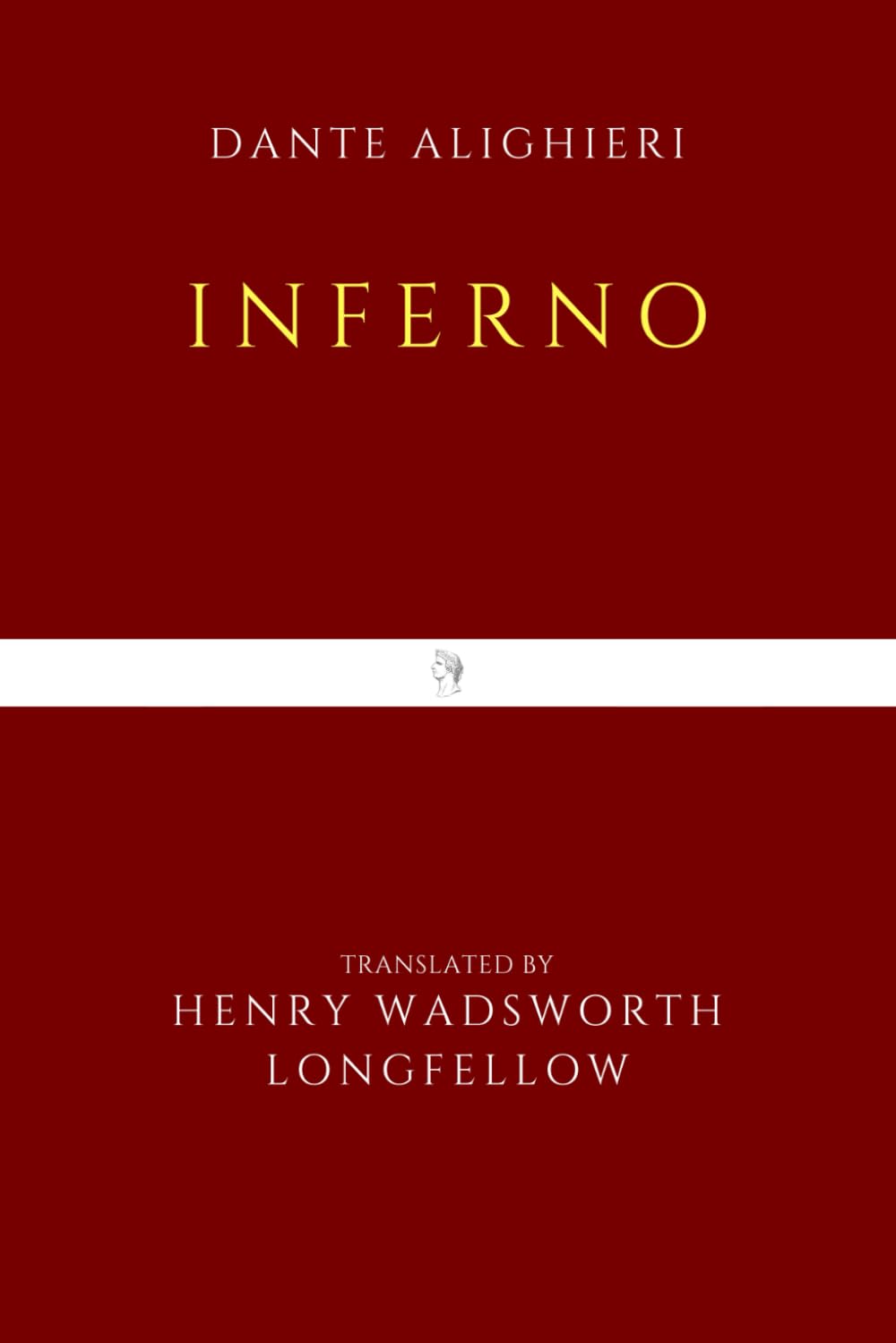
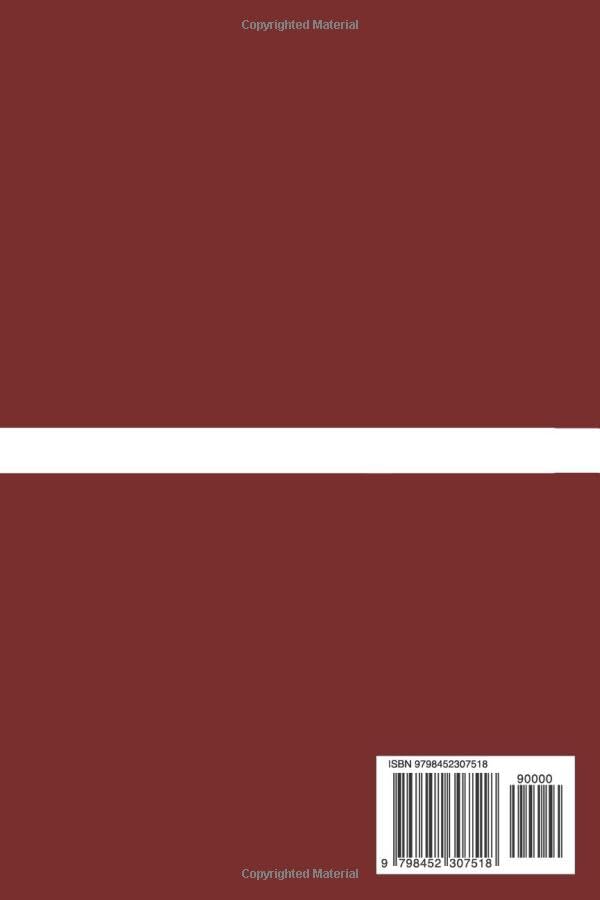







Reviews
There are no reviews yet.